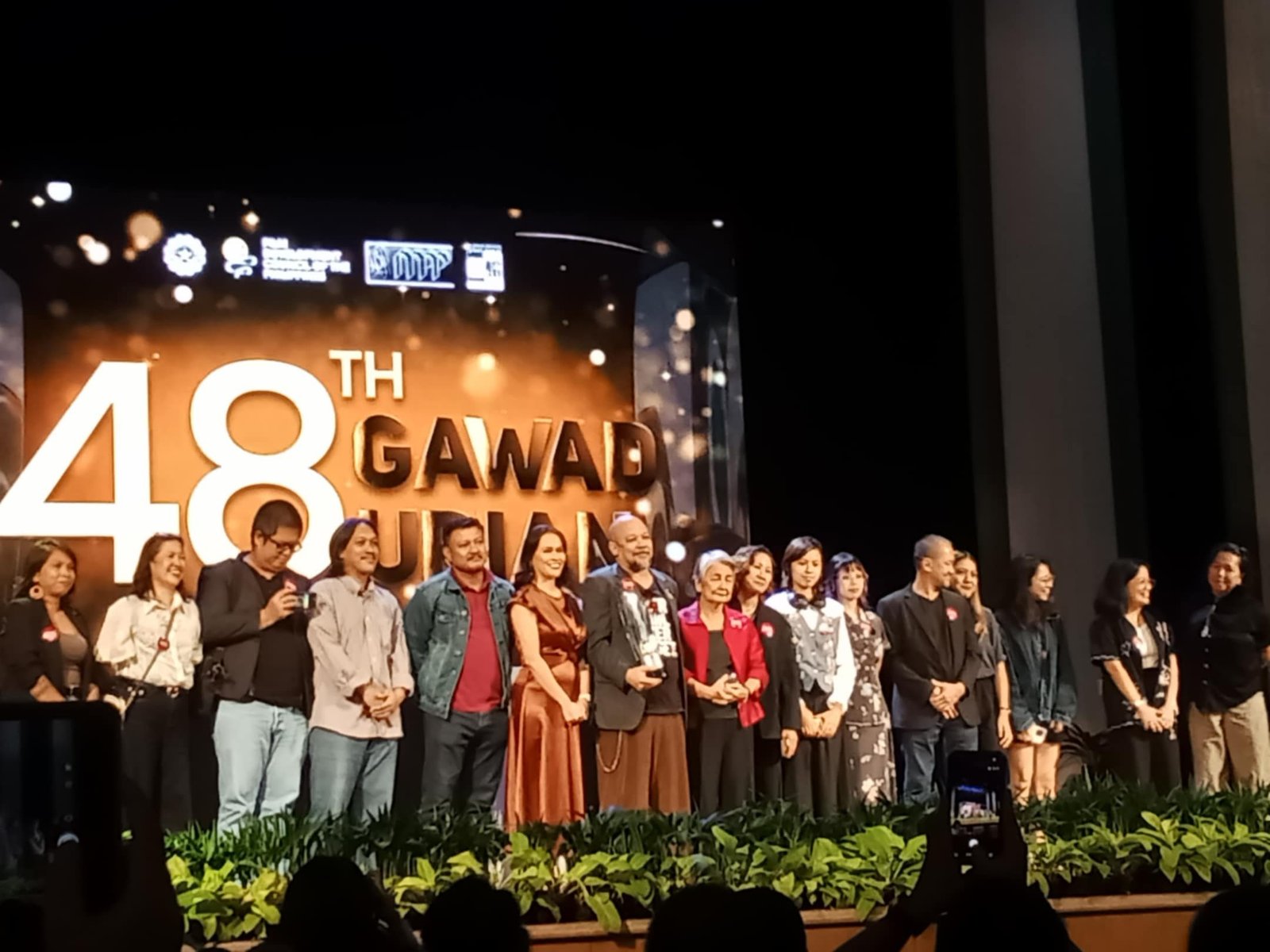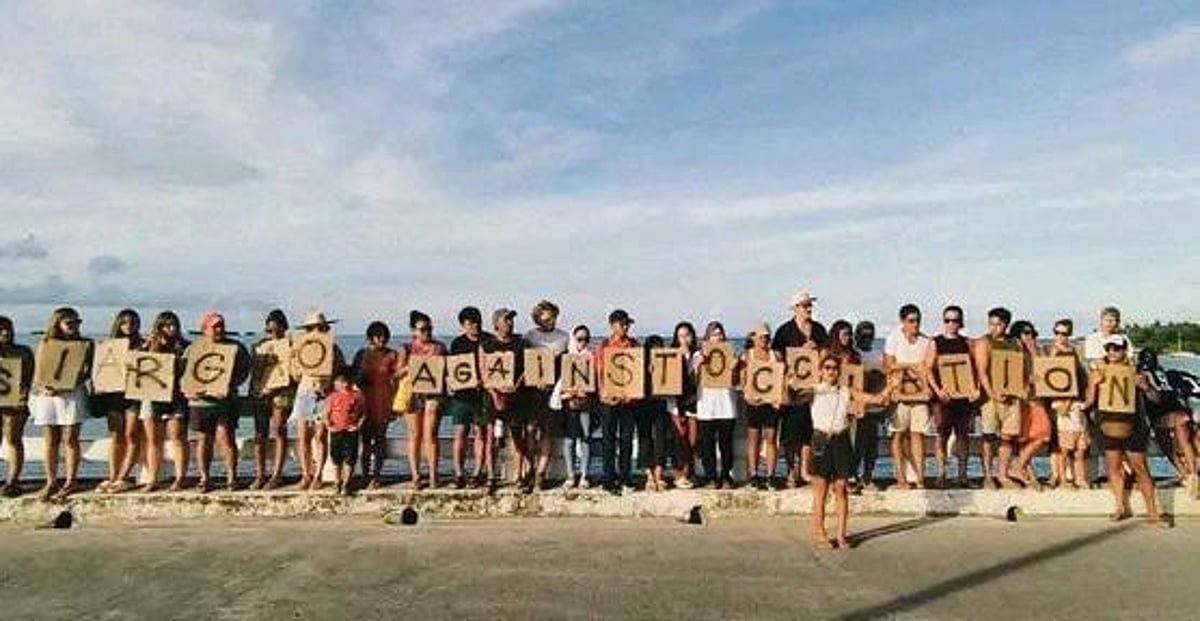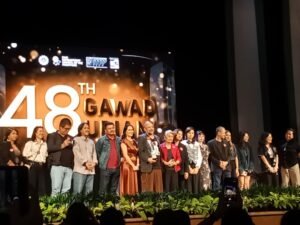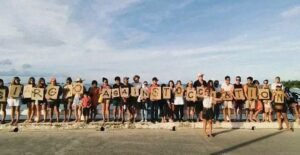Fernan Carigma
In a nation that romanticizes resilience, the Philippines suffers from a self-inflicted amnesia. Our collective memory is a sandcastle, washed away easily by the tide of political convenience. We don’t just forget, but we actively choose to do so. It isn’t just naivety; it serves as our strategic complicity that becomes a tool of oppression.
Recently, social media has highlighted resilience and patriotism, where Veronica “Kitty” Duterte and Alice Guo were the symbols of it. While the children of corrupt individuals and those involved in Senate hearings are often to be mocked and cancelled, we glorify some and tend to overlook the wrongdoings of others, revealing more of a societal issue than a mere irony.
Oftentimes, we celebrate mediocrity as heroism, and mistakes are annihilated for a feast, meanwhile those responsible for our suffering walk free, their past transgressions conveniently brushed away.
Then our national identity became a monument built on sand, an affirmation to how indisputably we have been schooled in our own subjugation. It is the Filipino malady—where we became a nation’s cult of amnesia.
When our propensity to “forgive and forget” is not an indication of being magnanimous, but it is a symptom of a deeper political malady. It paved the way for the powerful.
Meanwhile, those in power often fortified our Filipino values—”Pakikisama” (harmony) and “utang na loob” (debt of gratitude). They provide a token. A free meal. A small handout. Subsequently, the demand is not just loyalty but a deliberate forgetfulness toward their crimes.
The theater of mediocrity was well understood by the politicians.
Take, for instance, the free spaghetti lunch from Alice Guo; it can silence the demands of our nation for accountability. It feels like that in a few bowls of pasta, it can be a smokescreen that allows her to evade scrutiny for her alleged ties to criminal syndicates.
The dissonance is breathtaking, wherein a free meal can be a worthy substitute for national integrity.
But in reality, charity must not be an escape from accountability. It must be an act of kindness. It should not be a transaction where we exchange our collective memory for a momentary, often performative sense of relief.
However, our forgetfulness predominantly amplifies in the highest echelons of power. It is where we conveniently whitewash the sins of the past and caress the unholy legacies they leave behind.
Consider Kitty Duterte, the scion of a president whose “war on drugs” left a trail of blood across the nation. She is championed as a “self-made entrepreneur” due to her online ventures and her “hustle” plastered across social media algorithms.
Despite this glossy narrative, it is a deliberate distraction. Filipinos often neglect the blood-stained foundation of their privilege. The systemic nepotism that put her on that pedestal.
It is not just forgotten, but it conspires in the charade, glorifying the offspring of leaders entangled in corruption and impunity as if their hands were clean from the crimes of their fathers—and their theatrical act was a sell-out.
Our national forgetfulness isn’t new, Alfred McCoy lays it bare in his An Anarchy of Families. For decades, dynasties like the Marcoses and the Dutertes have mastered the game—bending the story, dodging accountability, and tightening their grip on power.
The pattern that ceaselessly persists today. Somehow, it is evident in the return of Marcoses to power, decades after the plunder and human rights abuses of their patriarch’s regime, was the most glaring and painful example of this national amnesia.
This national issue stems not from ignorance but from complicity. We’ve fallen into a culture of forgetting where dissent is labeled instability, and accountability is scarce.
The tendency of us to forgive has been weaponized by those in power, allowing them to rewrite history and frame their failures as victories.
Now, we stand at a crucial crossroads. We can either continue to cheer this charade, accepting scraps as sustenance, or we can confront our collective amnesia.
It’s time to reclaim our narratives and stop using memory as a tool for our oppressors. Silence is surrender, and forgetting equates to loss.
The fight for justice begins with a refusal to forget. We must demand accountability beyond elections and seek genuine, systemic change.
History is a powerful tool against those who wish to erase it.
Because our future hinges on remembering the past as a warning against the dangers of losing our memory.











